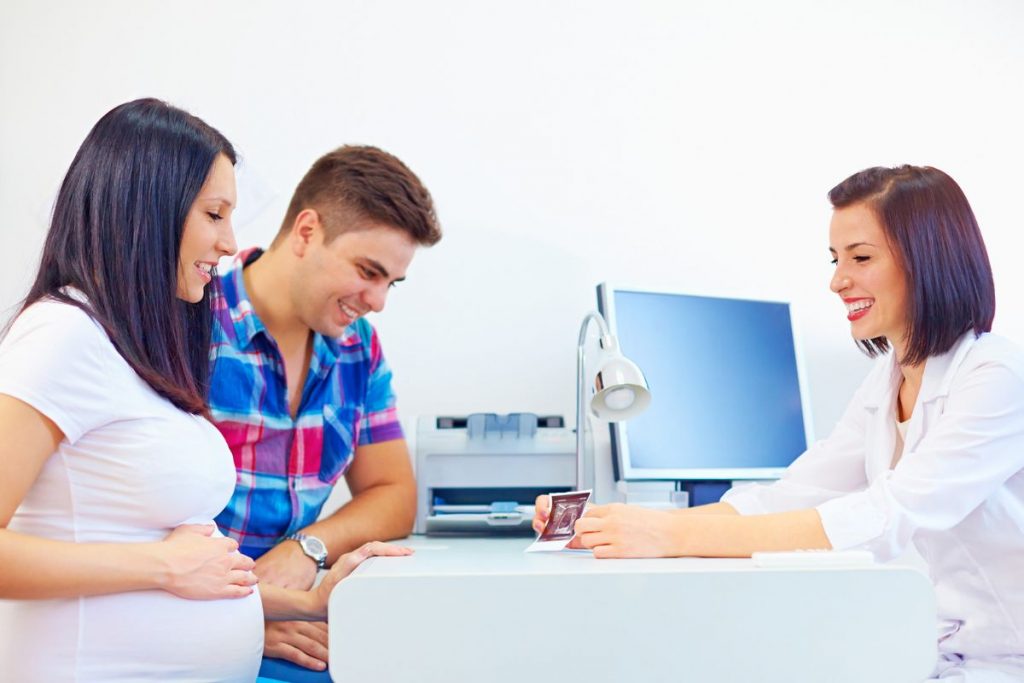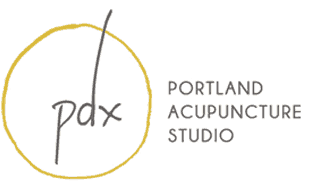
An embryo transfer is a procedure related to IVF that can help someone get pregnant. In an embryo transfer, a doctor inserts an embryo (technically called a blastocyst) that was previously fertilized in a lab directly into a person’s uterus. It is the last phase of the IVF process, and will hopefully result in a pregnancy.
The Embryo Transfer Procedure
The embryo transfer is done at a fertility clinic, and takes about 10 minutes. It is not painful, and so it is not necessary to use anesthesia. A nurse will use ultrasound to guide this process, while the doctor inserts a very small tube through the cervix into the uterus to deliver the embryo into the right place. It takes a little longer than a pap smear, and feels similar. Some clinic prescribe valium before the embryo transfer so the uterus can be as relaxed as possible during the process.
Fun fact: It’s easier to see the uterus when the bladder is full—because the bladder is directly in front of the uterus, so it blocks the view of the ultrasound machine. When the bladder is full, it balloons up and the walls become thinner and easier to ‘see’ through with ultrasound. For your embryo transfer, the clinic will likely ask you to start drinking about 24-36 ounces of water about an hour before the procedure. This ensures a full bladder to help the transfer go smoothly. It can be slightly uncomfortable to have a full bladder when the technician presses the ultrasound wand into your abdomen. Fortunately, the embryo transfer itself is brief, and you can empty your bladder in no time.
Pro Tip
Don’t eat a big meal right before you need to start drinking water or the water won’t filter out into your bladder. It’ll sit longer in your stomach with the big meal. If your bladder isn’t full, your procedure will be delayed. Also, if your bladder isn’t full, they may ask you to drink another bottle of water, which is a lot of water in your system at once and may lead to discomfort afterwards.
Once the doctor knows your bladder is full and you’re ready, they will insert a small catheter through the cervix. This is similar to the catheter used for IUIs, and they use the ultrasound to ensure the catheter is in the right part of the uterus. When the catheter is in, the embryologist will bring the embryo in a syringe. The doctor will inject the contents of the syringe through the catheter into your uterus. Once that is done, the embryologist will take the empty syringe back to the lab and inspect it to make 100% sure the embryo made it into the uterus and isn’t hanging out in the syringe. Once the embryologist gives the all-clear, you will rest for a bit, and then you can empty your bladder.
You will likely get a picture of your embryo at this appointment. It’s your baby’s first photo!
Some people experience some cramping and sometime spotting after an embryo transfer. Others don’t feel anything. Neither is “good” or “bad.” The only way to know if the embryo transfer was successful is to do a pregnancy test several days after the embryo transfer. Your doctor will schedule two blood tests called “beta human chorionic gonadotropin (Beta hCG)” about 9 and 11 days after the transfer. This test measures how much of the pregnancy hormone is in your bloodstream (a home urine pregnancy test only measures whether there is hCG or not). The hCG hormone levels should be increasing appropriately. If so, the clinic will schedule a “7 week ultrasound” for a couple of weeks later to check on the pregnancy. Congrats, you’re pregnant!
Acupuncture on the day of an embryo transfer has good research behind it. Since 2002, studies have shown that acupuncture done on the day of the embryo transfer improves the chances of success. There are a number of theories about why acupuncture helps embryo transfer success. One way acupuncture may help is by improving blood flow to the uterus to help sustain the pregnancy after implantation. Acupuncture is also thought to reduce local inflammation and immune factors (particularly cytokines).
Lastly, acupuncture is well known to reduce stress and help people calm their anxieties so they can enjoy the day they “meet” their baby for the first time. Contact us to learn more about how acupuncture can help you have a successful embryo transfer.
Established patients can schedule online, patients who haven’t seen us at Kwan Yin Healing Center call (503) 701-8766, or email us to schedule your appointment.




